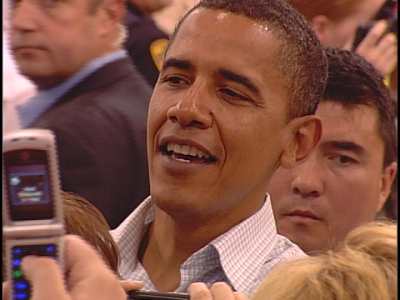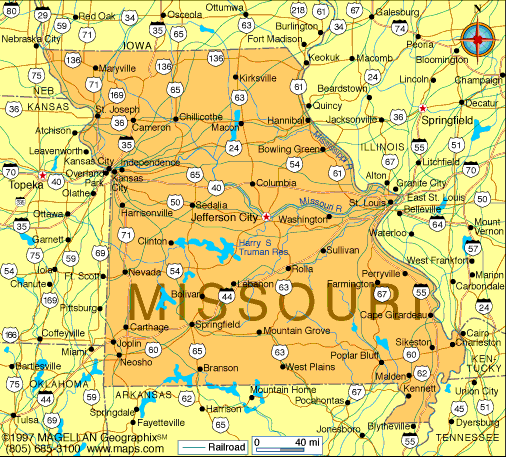Abraham Bolden
Abraham Bolden served Kennedy as the first African-American on the White House Secret Service detail. (Tribune photo by Nancy Stone / January 13, 2010)
* Dawn Turner Trice
*
Dawn Turner Trice
* Bio | E-mail | Blog | Recent columns
* Related
*
Black history: Notable Chicagoans Black history: Notable Chicagoans
*
Pictures from the life of Martin Luther King Jr. Pictures from the life of Martin Luther King Jr.
* Topics
*
McCormick Place
*
John F. Kennedy
*
Judges
* See more topics »
o
X
Washington
Richard Nixon
Justice and Rights
Jackie Robinson
White House
Civil Rights
Washington, DC
Trials
Martin Luther King Jr.
U.S. Secret Service
Justice System
Dawn Turner Trice
Prisons
Racism
Retiree saw race relations at their best -- and their worst -- in the 1960s
Dawn Turner Trice
January 18, 2010
* EmailE-mail
* printPrint
*
Share
* increase text size decrease text size Text Size
Like many African-Americans of his generation, Abraham Bolden used to have a large portrait of the Rev. Martin Luther King Jr., President John F. Kennedy and Sen. Robert Kennedy displayed prominently, reverently in his living room.
But unlike many blacks of his generation, Bolden, who is 74 and has lived in the same Auburn-Gresham bungalow for 47 years, had a special relationship with each of the men. How he met the Kennedy brothers and wound up writing a letter to King is a remarkable story that begins this way:
In April 1961, Bolden was working as a Secret Service agent based in Chicago when President Kennedy arrived for a political event at McCormick Place. Bolden was assigned to guard a restroom that had been cordoned off exclusively for the president.
"My colleagues kidded me about having bathroom detail," Bolden said. "Most agents liked to be shoulder to shoulder with the president. But as fate would have it, when the president arrived that morning, he had to use the washroom."
Bolden said the president stopped at the door of the restroom to ask Bolden if he was a Secret Service agent or a Chicago policeman. Bolden told him that he was an agent.
"The president said, 'Mr. Bolden has there ever been a Negro Secret Service agent on White House detail in Washington, D.C.?' " Bolden said. "I told him, 'Not to my knowledge, Mr. President.' And he asked me if I would like to be the first, and I told him, 'Yes, sir, Mr. President.' "
Two months later, Bolden, who was 26 at the time and married, was in Washington for the Secret Service's customary 30-day stint. It would become -- as the president alluded one day while Bolden was guarding the Oval Office -- his Jackie Robinson moment.
"Being the first at that time, I ran into some harsh racism," Bolden said. "The country was a hotbed of racism, and resentment against men like Kennedy and Dr. King had infiltrated itself among the agents."
Bolden said he was shocked by how lax Kennedy's security was in D.C. and the Kennedy compound in Hyannis Port, Mass., where he met Robert Kennedy. Bolden said many agents got drunk on duty, womanized and spoke openly of their disdain for the president. He said he complained to superiors, and that is when he became a target.
"I told the chief of the United States Secret Service that if an assassination attempt was ever made on Kennedy, it would be successful because either the agents wouldn't respond or would be slow to respond," Bolden said. "The chief told me he would look into it.
"But time passed and after the president was assassinated (on Nov. 22, 1963), I kept ringing the bell." His criticisms made headlines.
Bolden went to D.C. for a special training session in May 1964. While there, he said he'd planned to try to talk to someone on the Warren Commission investigating the assassination.
But the Secret Service suddenly escorted him back to Chicago, where he was charged with soliciting a $50,000 bribe from the boss of a ring of counterfeiters. Bolden said he believes he was set up by racist agents who wanted to silence his criticisms. His trial began July 6, 1964, before U.S. District Judge Joseph Sam Perry. According to court transcripts, when the jury was deadlocked 11-1 in favor of conviction, Perry amazingly told the jury that in his opinion, Bolden was guilty. Still, the lone holdout didn't change her vote, and that trial ended in a mistrial.
Bolden was convicted after a second trial with the help of testimony from a counterfeiter who would later admit to having perjured himself. Bolden was sentenced to six years in a federal prison.
"Shortly after my conviction, I wrote a letter to Dr. King saying that if this miscarriage of justice could happen to me, it could happen to him or anyone else," said Bolden, who's unsure if his letter ever reached King.
Bolden was in prison when King was assassinated. The entire prison was on lockdown. A year later, he left prison, returning to his wife and three children. Two times he asked President Richard Nixon for a pardon, and both times he was denied. He worked as an automotive quality control supervisor before retiring in 2001.
These days Bolden travels the country, dressed in his trademark bow ties and fez hats, telling his story and promoting his memoir, "The Echo From Dealey Plaza" (where Kennedy was assassinated in Dallas).
"There were people who wanted to change the country through great force rather than the constitutional process," Bolden said. The Kennedys and King "were revered by many Americans, not just blacks, because they stood for a hope and justice that sometimes still feels hard to come by."
dtrice@tribune.com
Get more stories like this. Sign up for home delivery today.
* Selected for you by a sponsor:
* Quickies: Erin Andrews’ Stalker Sentenced & Ashley Dupre Is Posing For Playboy (The Frisky)
* Pa. boy, 12, to be tried for murder as adult; historic sentence looms (USATODAY.com)
* You might be interested in:
* Secret Service helped in jewelry heir's arrest, records show (Chicago Breaking News)
* Cellphone tracking leads to arrest in fatal hit-and-run in Florida (Chicago Tribune)
* Secret Service helped crack Porsche hit-and-run, police records show (Chicago Tribune)
* Secret Service helps crack Florida hit-and-run case (Chicago Tribune)
* Email E-mail
* Print Print
* Reprint



